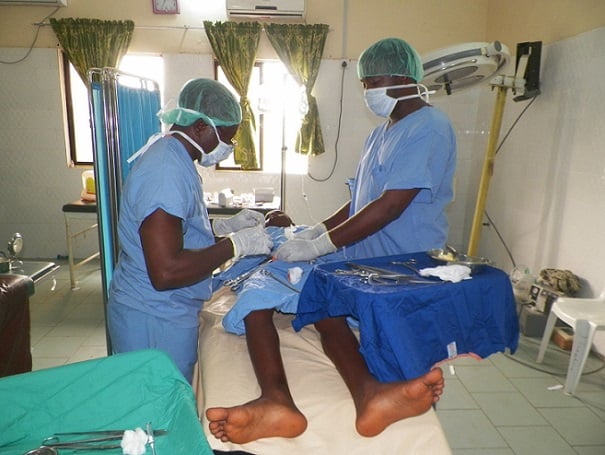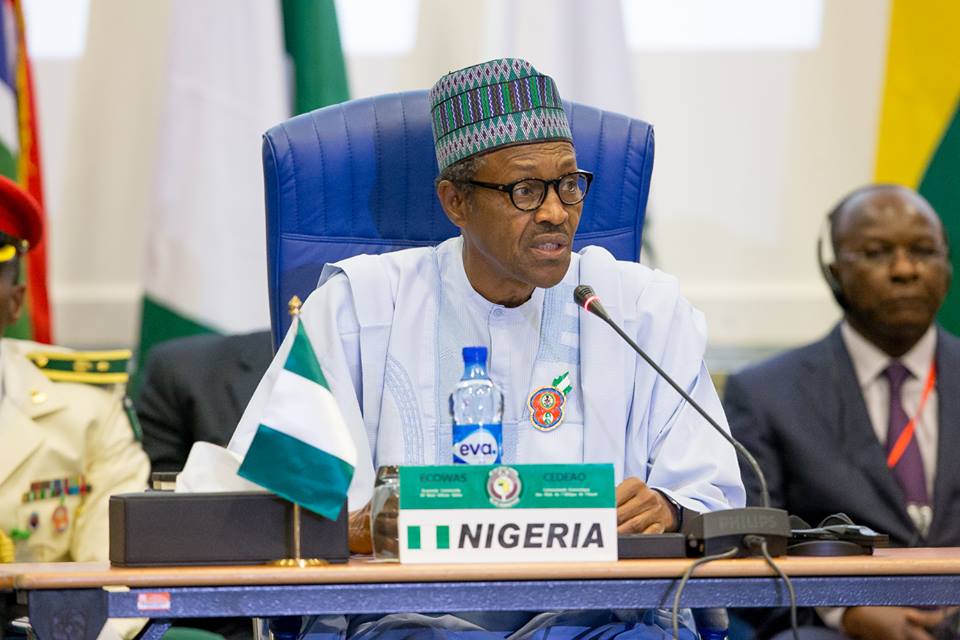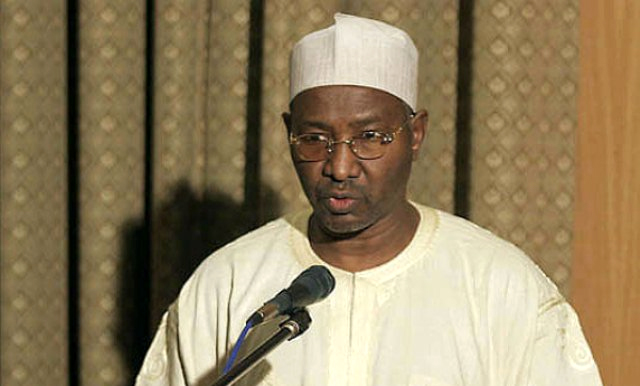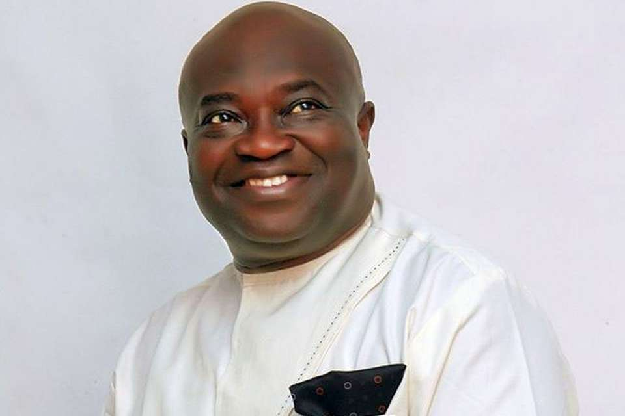By Edwin Okon Jr.
Healthcare is a vital part of any society. The growth and wealth of a nation can be visible in the well-being of her citizens. Countries today are striving to improve health services and bolster productivity in the workforce by improving life expectancy, sustain committed approach to reducing maternal-infant mortality rates, eradicating communicable diseases and investing in human as well infrastructural development in the health sector.
Our healthcare system can be divided into Public and Private health systems. Under the public health systems are federal government funded hospitals such as Teaching hospitals, Federal Medical Centres (FMCs) and Specialty Hospitals. At present, there are twenty-one(21) federal teaching hospitals, Twenty(20) FMCs and Thirteen(13) Specialty Hospitals scattered across the different states of the federation. State government owned teaching and general hospitals and local government owned dispensaries are also among the Public Health System.
A case-study of the Federal government funded hospitals reveal that these hospitals were constructed at a time the total population was less than eighty million (80,000,000). Today, Nigeria has doubled in population with all likelihood of reaching 240,000,000 by 2025, however, there has not been any commiserate increase in the number of hospitals neither has there been an expansion to cater for the rapid population growth. A scientific analysis reveals that each University Teaching Hospital serves 1 per 8.3million patients, FMCs at 1 per 8.8million patients, and Specialty centres at 1 per 13.5million patients. Evidently, this reveals the underlying fact that of increased pressure on the hospitals and available facilities and manpower.
Overcrowded wards, long wait times for patients, poorly trained, overworked and underpaid healthcare personnel, dearth of specialist doctors due to brain drain, lack of increased spots for specialist training, and loss of revenue to countries such as India, UK, US, who attract Nigerians to “better healthcare” and coin the name “Health Tourism” to their benefit. Based on the above findings, there is a need for a revamp of the healthcare system. Since the advent of the democratic era, no new hospital projects have been undertaken and I believe for a fact that in order for Nigeria to attain the Millennium development goals (MDGs), we need a pragmatic and radical approach towards healthcare. Every problem has a solution and ours is not beyond our limit. Here are proposed solutions to the above problems which I believe will improve healthcare and increase investment opportunities.
Advertisement
Two, Public-Private partnership should be engaged to manage these public hospitals. Healthcare is expensive and it is one sector that cannot be ignored or paid lip-service. Maintenance of facilities, ensuring better remuneration and salary structure for staff, investments in research and development and social healthcare programs such as increased participation in health insurance schemes are programs and policies that the government cannot undertake singlehandedly. This can only be achieved by engaging the private sector in the running of the day to day affairs of these hospitals by ensuring accountability of healthcare workers to patients and patients to the hospitals by payment of fees. Efficiency of the system, by ensuring decreased wait times and reduced hospital stays.
Engaging the Private sector will also increase jobs for areas such as medical assistants whose job would aid in decreasing the amount of paperwork done by doctors and in return providing more time towards patient care.
Two, the Federal Government needs to create a road map for the health sector which should include the construction of five (5) new Federal Medical Centres and five (5) new specialty Centres over the next five (5) years and subsequently, ten (10) each between 2020-2025. This will bring the total number of FMCs and Specialty centres to 45 and 28 respectively. While this would remain inadequate, considering the estimated population by 2025, yet it will help in reducing the number of patients per hospital by a million. Specialty Centres should be created to serve Nigerians in the areas of Cardiology, Cancer care and treatment, Endocrinology which will include Diabetes and other related pathologies. Studies have shown that there is an increasing number of Nigerians who are becoming diabetic and dying of heart attack and cancers. We need to invest in healthcare to ensure Nigerians have the best to manage these diseases.
Advertisement
Three, expansion of already existing Public Health Institutions. This includes the creation of new specialized departments at already existing Teaching Hospitals, FMCs and Specialty hospitals. This expansion has a multiplier effect and some of which include, increased provision for internship and resident training thereby accommodating the growing number of medical graduates, decrease the brain-drain and encourage our best to stay and contribute to healthcare delivery in Nigeria.
Rome was not built in 24 (twenty-four) hours, however, the idea of Rome only came to fruition by Romans taking dedicated steps. Likewise, I believe Nigeria can attain the status of having an efficient and competent health system if we take the necessary steps towards achieving this goal. These steps include PARTNERSHIP, INVESTMENT and EXPANSION (PIE). This three-prong approach remains the only solution to our deficient health system.
Okon jr. is a medical doctor currently on his internship. He can be reached via email: [email protected]
Advertisement
Views expressed by contributors are strictly personal and not of TheCable.
Add a comment






